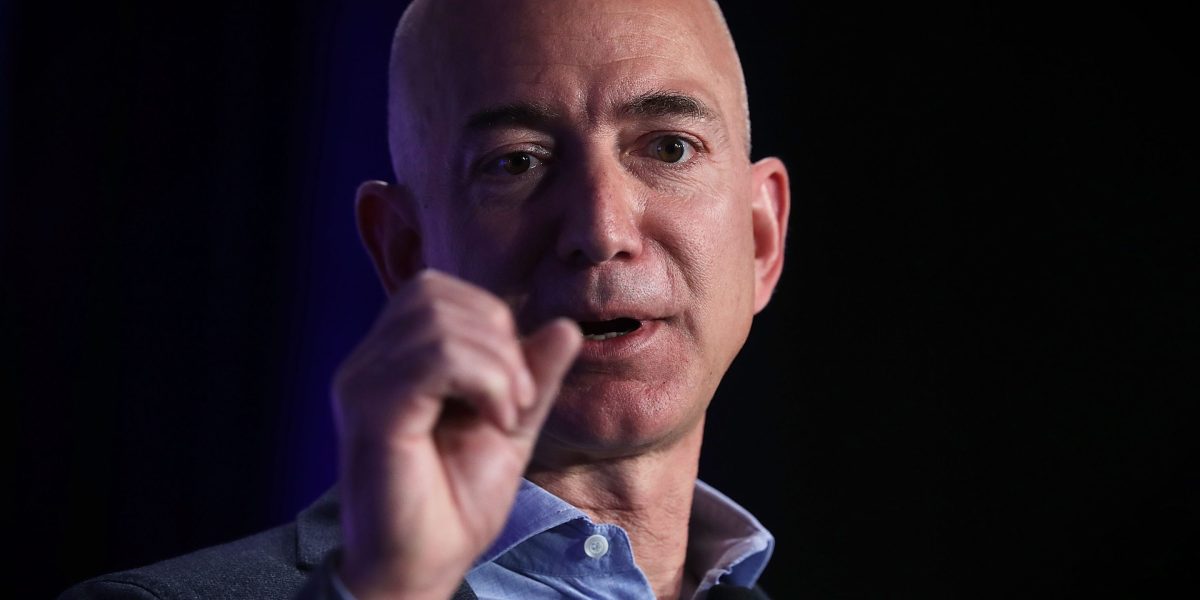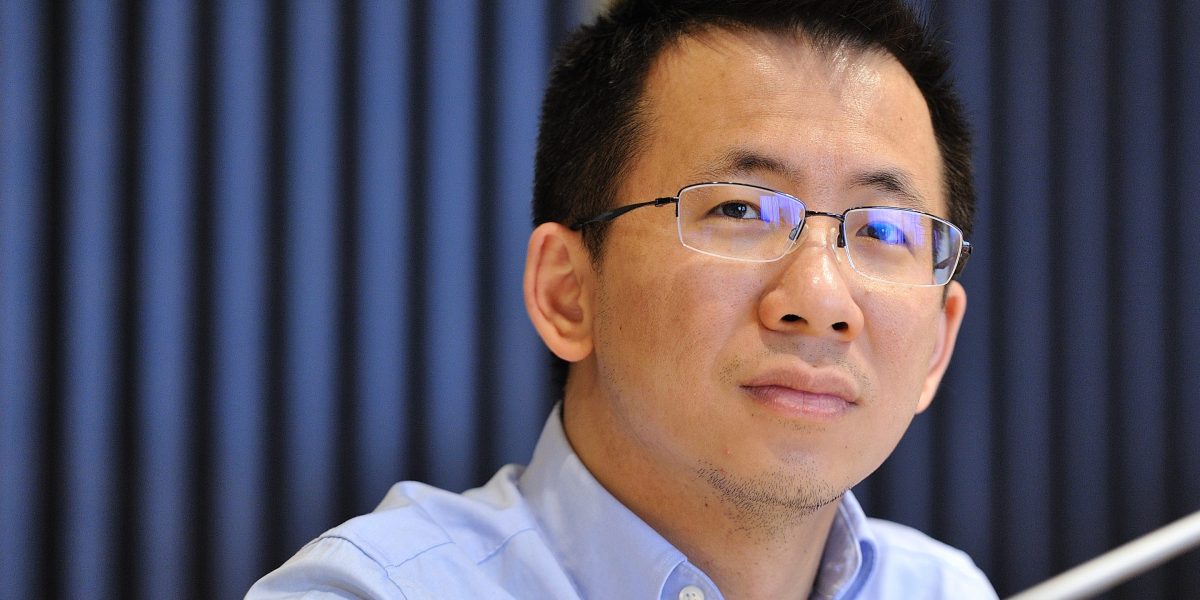
Gen Z and young millennial employees in Britain are missing the equivalent of a day’s work every week due to mental health struggles, new research has shown.
Analysis by Vitality, the health and life insurer with over 30 million members worldwide, found that the average worker in the U.K. feels unable to work for almost 50 days a year—costing the British economy a staggering £138 billion ($176 billion).
For those under 30 years old, the number of productive days lost rises to 60, while Gen X and baby boomers say they are mentally absent for an average of 36.3 workdays a year—marking a stark 64% difference.
The root cause, as per Vitality’s findings, is stark: Younger, less affluent workers are grappling with mental health challenges without adequate employer support.
While physical health struggles led to a 54% productivity dip, mental health issues hit harder, causing a staggering 150% loss in productive days, particularly for the youth.
Depression rates are twice as high among younger workers, accompanied by elevated levels of burnout and fatigue compared to their older counterparts.
Adding to the strain, those earning under £30,000 ($38,000) annually feel 86% more neglected by their workplace than higher-income colleagues.
This likely explains the 2023 statistic of workers taking an average of just six sick days, with the majority of lost hours due to ineffective work.
Essentially, for 54 days a year, Gen Zers clock in but achieve zilch due to mental hurdles and a reluctance to seek help from higher-ups.
Only a quarter of employees actually use company wellness tools
Even when firms offer mental health support for their workers, take-up is worryingly low.
Only 25% of the 4000 individuals surveyed said they used the wellness tools offered by their employer.
However, 85% of those who did use them found them useful—suggesting that either employers are struggling to get word out about the help at hand, or that the majority of workers are afraid to accept their employer’s support.
Vitality’s CEO, Neville Koopowitz, stressed that firms need to get better at shouting about their support resources.
“If health at work is properly managed, business and the wider economy stand to gain significantly,” Koopowitz said.
Burnout is prompting a spike in mental health days at work
Vitality’s research comes as the charity Mental Health UK warns that Britain is on the verge of becoming a “burnt-out nation.”
Its 2024 Burnout Report found that nine in 10 adults have experienced high or extreme levels of pressure and stress at some point in the past year and one in five has taken time off as a result.
What’s more, it echoed that young staffers are statistically most likely to be suffering and taking time off.
“The U.K. is rapidly becoming a burnt-out nation, and a worrying number of people are taking time off work due to poor mental health caused by stress,” Brian Dow the chief executive of Mental Health UK, said.
“High levels of work absence due to poor mental health is a major challenge, but its causes are complex.”
Ultimately, the report is calling on Britain’s prime minister to get to the bottom of the issue and help businesses grapple with the cost of continuous absences.
Dow even floated the idea of a “national summit” with government officials and experts to advise “how we can create healthy workplaces and best support people to stay in or return to work if they’re struggling with stress and poor mental health.”
A version of this story originally published on Fortune.com on January 24, 2024.




